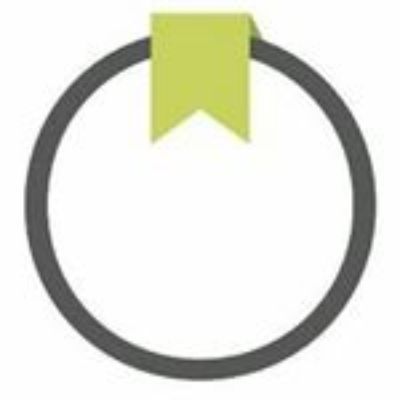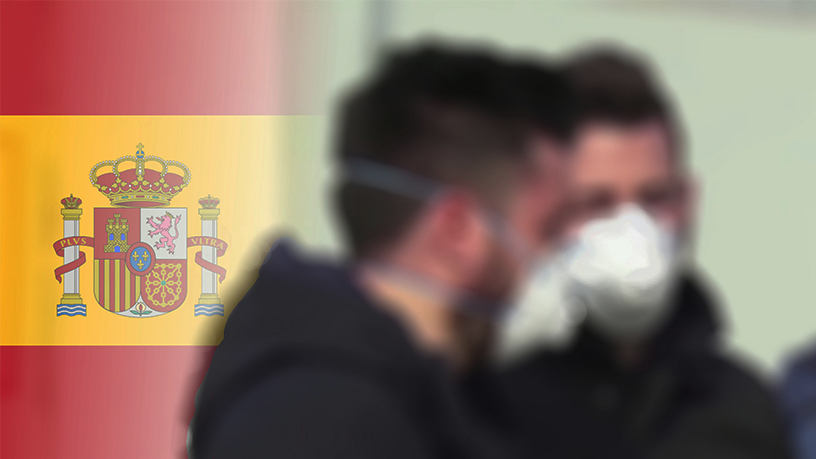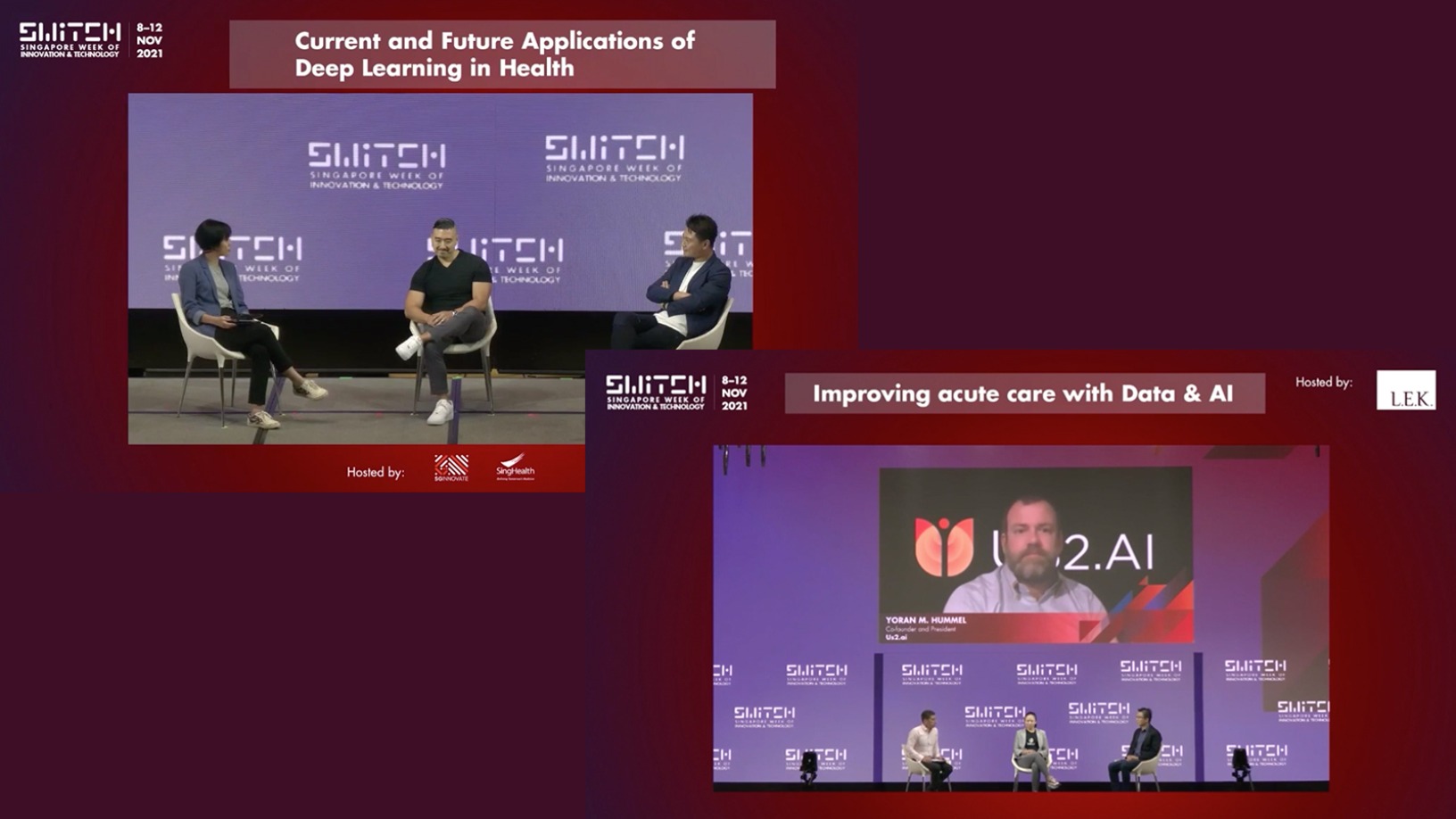Thanks to Spanish edtech startup Odilo, 140 million adults and children in 43 nations now have free access to cloud-based digital books. From the rural backwaters of Uruguay to mountain villages in Peru, the world's first multiformat platform for loaning digital content will bring over 2 million digitally published works to people without access to basic educational facilities.
The European Commission has partnered Odilo to "create equality in education" on the continent, declaring the startup “a European tech success story" with global impact. In February 2019, Odilo held its Young Readers Award ceremony at the European Parliament in Brussels. In front of international journalists and European Parliament members, 11-year-old Sergio José Sánchez Pérez, from Extremadura, Spain, was named the "world's best young reader," receiving the award from Odilo founder and CEO Rodrigo Rodríguez. The boy, who reads in both English and Spanish, came top out of 120,000 international entrants aged 9–11 years old.
“We created Odilo with the mission to create equity in education [and] to help students to reach their full potential,” Rodríguez told the audience. “In Uruguay, for example, every single student now has access to the same resources they need even if they live deep in the countryside."
When the cloud computing expert started to research the idea for a digital content platform in 2011, he discovered that it's possible to predict how successful a child will grow up to be based on the number of books he or she has at home. Those with 500 books in their homes were found to be three years ahead of those with less than 10 books. "The number of books was more important than the economic level of a family in determining academic success," he said.
In the race to become the "Amazon for digital content," Odilo is already available to users in the fast-growing markets of Europe, the US and Latin America; gearing up to capture a lion's share of the US$17.9 billion global digital education publishing business. Odilo's Content-as-a-service (CaaS) is aimed at publishers, libraries and educational providers.
Netflix model for education
Odilo's digital content and CaaS packages are designed for schools, universities, libraries and any organization that provides learning resources for users. The B2B clients can also offer unrestricted free access to Odilo's cloud-based digital library of over 2 million publications in multiple formats and languages, including audiobooks, magazines and courses. Agreements have also been signed with publishing partners to offer digital content in compliance with copyright law.
With sales and marketing staff in Spain, the US and Latin America, Odilo earns revenue from subscriptions and pay-per-use packages. Profitability is important for a bootstrapped business, said Rodríguez, who starting developing the digital library platform in 2011, without any external funding until 2014.
The telecoms engineer, from the university city of Cartagena in Murcia, where Odilo is also based, came up with the idea while working at BT Global Services in Madrid. While studying in a library, he pondered: “I thought, how can libraries improve in the digital world? By always being available wherever you are and whatever time it is, offering a lot more content, saving money on library stock..and with no technological investment. It hadn't really been tried before.”
Rodríguez returned to Cartagena in 2011 to work on his idea, eventually moving to Madrid to expand his platform without tapping any accelerator or external seed funding. The first investment came in 2014 from Active Venture Partners, in a €2.2 million Series A funding round that opened the door to large-scale international expansion.
In 2014, Odilo finished developing its proprietary software for digital and physical archive management. The A3W-AE has been implemented by customers including the Superior Court of Justice of Spain, Mexico’s notarial system and top Mexican companies such as Pemex. Odilo's IT team also developed Preserver, a cloud-based digital conservation solution and adapted it to the OAIS Open Archival Information System model, the international standard adopted by the EU. Both solutions fulfil copyright and ISO compliance.
In Chile, Odilo won first prize in the civil service competition “Funciona!” for innovation that benefits the nation's citizens. The company was also nominated for its digital services in higher education at 2019's edition of the BETT education awards that reward innovation in technology in education internationally.
“Ministers of Education, CEOs of large companies, library heads and rectors of universities around the world ask us how they can have their own Netflix for education with Odilo. We're definitely doing something right,” said Tiago Mateus, Odilo's CCO.

Growing digital content markets
At the Odilo Summit 2019, the company announced that it would be focusing on new formats, including more videos, podcasts, webinars and games.
“We can be sure that our platform will improve the educational situation of many countries; we're part of the fourth industrial revolution”, said Antonio Correia, Director of Government and Public Administration for Latin America and Africa.
Since 2014, Odilo has raised total funding of US$10.6 million through Series A and B rounds from Spanish VCs including Active Venture Partners, JME Venture Capital and Kibo Ventures. The startup has also received €1 million since 2015 from the European Commission to accelerate its penetration of the local education sector. School and college students can read Odilo’s books and magazines on their e-readers, which promotes group reading and helps families save on buying books.
The company's first open platform OdiloPlace offers digital content licenses in Spanish. Another technological initiative is its library management system OdiloTT that integrates the loans of both physical and digital books under one system, now known as OdiloSimplicity, an Online Public Access Catalog supported by most web browsers.
“The digital library service has allowed libraries to loan digital content on-demand to their users 24 hours a day, from anywhere,” Rodríguez said. Private companies can also use the same technology to develop digital content campaigns to increase customer loyalty and to preserve archives as additional services for their customers. Government bodies can benefit from the huge saving on space and paperwork by digitizing physical records.
Virtual classrooms for everyone
Odilo's first major success came in 2015 when it won a contract from Spain's Ministry of Education, Culture and Sports to become the provider of eBiblio, allowing 17 million members of public libraries to access the digital catalog. Since then, Uruguay has also awarded its public library digital services to Odilo and Chile's Ministry of Education has signed a contract for Odilo to build the country's first digital public library.
In 2017, the company partnered with Brazilian company PRIMA to add a digital library to the nation's library facilities. A year later, Peru got its first digital library when Odilo started offering free access to digital books in partnership with the national library and telco Movistar. In 2018, Odilo signed a contract with SimplyE, the New York Public Library's free e-reader app that's also used in many other public libraries in the US.
Tapping the lucrative global education market, Odilo is helping B2B clients to create virtual corporate classrooms to boost workplace learning. A partnership with digital learning provider eThink will allow eThink users to access Odilo's digital library services via the Moodle and Totara Learning Management Systems that are used in many schools and colleges. Corporates like Vodafone, Skoda and InsudPharma are also working with Odilo to provide workers with catalogs of personalized content for bespoke in-house training and reading clubs for employees.
Besides "intelligent" digital libraries, smart classroom management features can also be added to monitor the real-time progress of every pupil with instant updates for personalized reading programs and learning exercises. Older students can also benefit from virtual classrooms equipped with real-time assessments using materials from the OECD's Program for International Assessment (PISA).
According to Odilo, the rapid rise in smartphone ownership provides new opportunities to boost literacy and learning for all sections of society, especially in less developed countries with little resources for traditional libraries. Future generations of digital natives, and the ongoing evolution of digital education models, will continue to boost demand for “intelligent" digital libraries and virtual classrooms for everyone.













